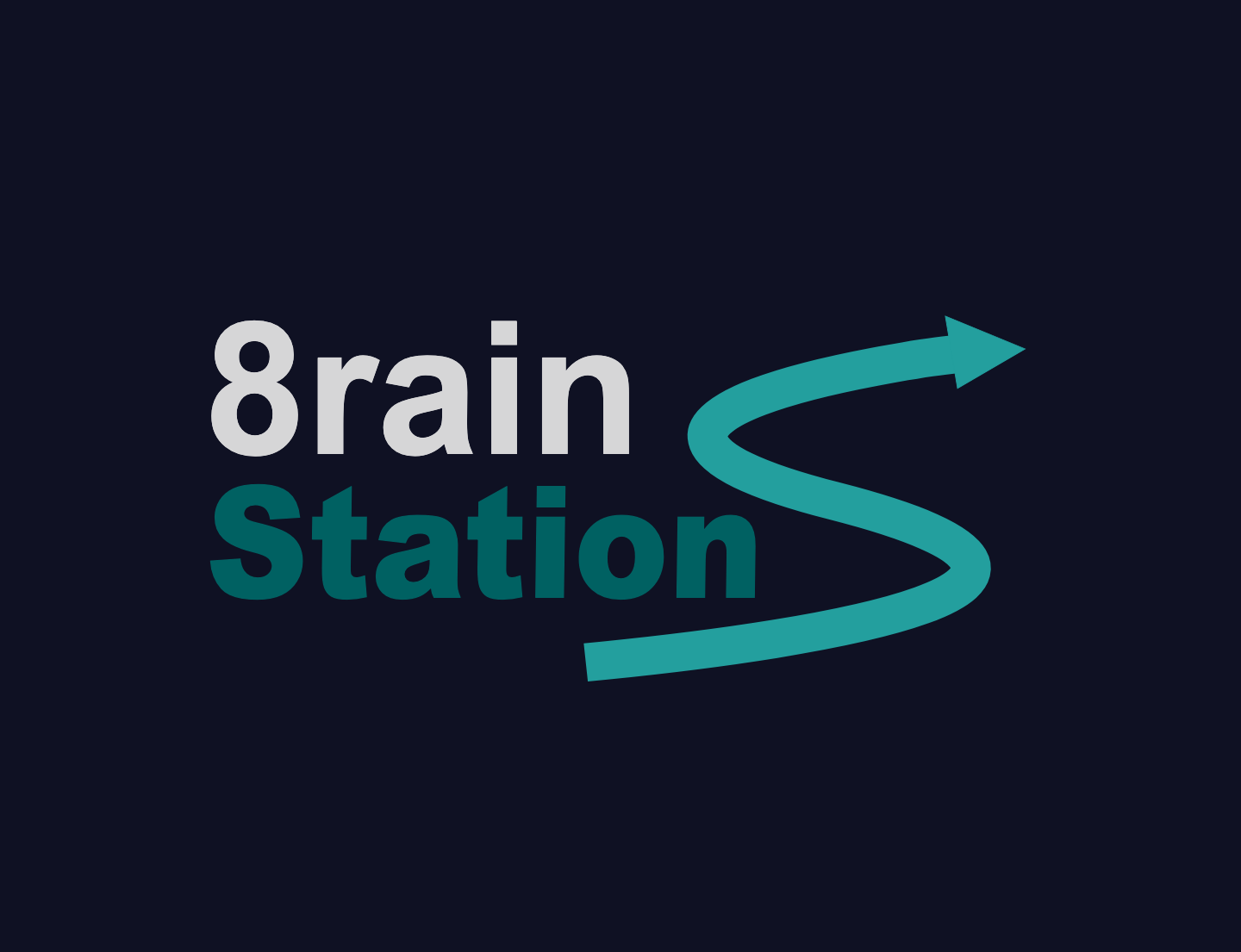If you’re diving into the world of sports betting, you may have heard about sports betting exchanges. These platforms are gaining traction among bettors, and for good reason. Understanding sports betting exchanges can significantly enhance your betting strategy and overall experience. In this blog post, we’ll explore what sports betting exchanges are, how they work, the benefits of using them, and the challenges they face. Let’s get started!
What is a Sports Betting Exchange?
A sports betting exchange is a marketplace where bettors can buy and sell bets with each other, rather than placing bets against a bookmaker. Think of it like a stock exchange where traders buy and sell stocks. In this context, a bet is treated as a financial instrument. The exchange acts as a facilitator, ensuring that transactions occur smoothly without taking on any risk themselves.

Photo by Chris Liverani on Unsplash
Exchanges differ from traditional sportsbooks in that they don’t set the odds themselves. Instead, they allow users to set their own odds and prices, leading to a more dynamic betting environment. This can lead to better odds for bettors who are willing to shop around for the best price.
How Do Sports Betting Exchanges Work?
At the core of a betting exchange is the concept of price discovery. When bettors want to place a bet, they submit their desired odds and the amount they wish to wager. Other users on the exchange can then accept these bets or offer their own odds. This interaction creates a market where prices fluctuate based on supply and demand.
- Liquidity: This refers to how easily you can buy or sell a bet. A more liquid market means that there are more participants, which typically leads to better odds.
- Market Makers: These are individuals or entities that provide liquidity by placing bets on both sides of a market. They help ensure that there are always odds available for bettors.
Price Discovery
Price discovery in exchanges allows for rapid adjustments based on the betting activity. If a particular side of a bet is attracting a lot of action, the odds will adjust accordingly. This is in contrast to traditional sportsbooks, which often have fixed odds until the event starts.
Types of Bets
In a betting exchange, you can place various types of bets, including:
- Back Bets: Betting on an outcome to happen.
- Lay Bets: Betting on an outcome not to happen (essentially acting as the bookmaker).

Photo by Ben Lambert on Unsplash
Benefits of Using Sports Betting Exchanges
There are several advantages to using sports betting exchanges over traditional sportsbooks:
- Better Odds: Because bettors set the odds, there’s often more competition, leading to better prices.
- No Limits on Bets: Traditional sportsbooks often limit the amount you can bet, especially if you’re winning. Exchanges typically don’t have such restrictions.
- Transparency: You can see all the available odds and how much is available at each price, allowing for better decision-making.
- Flexibility: You can create your own betting opportunities by laying bets or backing odds that may not be available at sportsbooks.
Challenges Facing Sports Betting Exchanges
Despite their advantages, sports betting exchanges face several challenges:
- Liquidity Issues: For an exchange to function effectively, it needs enough participants. Low liquidity can lead to poor odds and limited betting options.
- Market Maker Exploitation: Professional market makers can exploit casual bettors if not properly regulated, leading to an uneven playing field.
- Regulatory Challenges: The regulatory environment for sports betting exchanges is still developing, which can create uncertainty for users.

Photo by Keenan Constance on Unsplash
The Future of Sports Betting Exchanges
Looking ahead, sports betting exchanges have the potential to transform the betting landscape. As more bettors become educated about how exchanges work, their popularity is likely to increase. Additionally, as technology improves, exchanges may become more user-friendly and accessible.
However, for exchanges to truly thrive, regulatory bodies must step up to protect bettors and ensure fair play. Responsible gambling practices must be implemented to safeguard users from exploitation.
Education is Key
Education plays a critical role in the growth of sports betting exchanges. Bettors need to understand the intricacies of how exchanges operate, including the concept of liquidity, market makers, and the differences between back and lay betting. Resources like 8rain Station can provide valuable insights and analytics to help bettors navigate this landscape.
Conclusion
Understanding sports betting exchanges is essential for anyone looking to enhance their betting strategy. These platforms offer unique advantages over traditional sportsbooks, including better odds, transparency, and flexibility. However, they also come with challenges that require careful consideration.
As the industry evolves, staying informed and educated will be crucial for bettors who wish to leverage the benefits of exchanges effectively. Embrace the learning curve, and you may find that sports betting exchanges become a powerful part of your betting arsenal.
For more insights into sports betting and analytics, visit 8rainbets and join the community on Discord!
